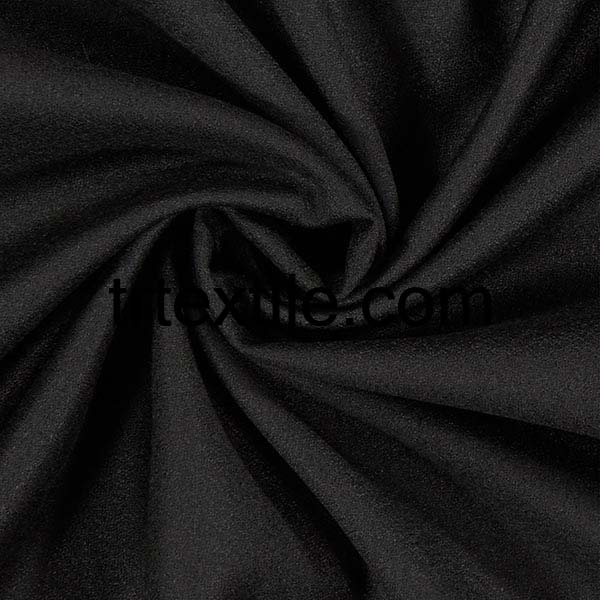When it comes to purchasing a suit, one of the most important factors to consider is the fabric. The fabric of a suit can make a significant difference in the overall look and feel of the garment. With so many different types of suit fabrics available, it can be overwhelming to choose the right one for your needs. In this article, we will discuss some of the most common suit fabrics and their characteristics to help you make an informed decision.
Wool is perhaps the most popular and versatile suit fabric. It is known for its durability, breathability, and natural wrinkle resistance. Wool suits are suitable for all seasons, as they provide insulation in the cold weather and are breathable in the warmer months. Wool suits come in different weights, with lighter weights being ideal for spring and summer, and heavier weights for fall and winter.
Cotton is another popular suit fabric, especially for warmer climates. Cotton suits are lightweight, breathable, and comfortable to wear. They are less prone to wrinkling compared to wool suits, making them a good choice for travel or everyday wear. Cotton suits are typically more casual than wool suits, making them a great option for business casual or smart casual dress codes.
Linen is a lightweight and breathable fabric that is perfect for hot weather. Linen suits have a relaxed and casual look, making them ideal for summer weddings, beach parties, or other outdoor events. However, linen is prone to wrinkling and can lose its shape easily, so it may not be the best choice for formal occasions.
Silk is a luxurious and elegant fabric that is often used for special occasions or formal events. Silk suits have a smooth and lustrous appearance, making them stand out in a crowd. However, silk is not as durable as wool or cotton, and it can be more challenging to care for. Silk suits are best reserved for special occasions where you want to make a statement.
Polyester is a synthetic fabric that is commonly used in budget-friendly suits. Polyester suits are easy to care for and resistant to wrinkles, making them a practical choice for everyday wear. However, polyester is not as breathable as natural fibers like wool or cotton, so it may not be the most comfortable option for long periods of wear.
In addition to the type of fabric, it is essential to consider the fabric weave when choosing a suit. Common fabric weaves include twill, herringbone, and plain weave. Twill weaves are popular for their diagonal ribbed texture and durability, while herringbone weaves have a zigzag pattern that adds visual interest to the fabric. Plain weave fabrics are simple and versatile, making them suitable for a variety of occasions.
Overall, the fabric of a suit plays a significant role in its overall look, feel, and performance. When choosing a suit fabric, consider factors such as the season, occasion, and your personal style preferences. Whether you opt for a classic wool suit, a lightweight cotton suit, or a luxurious silk suit, selecting the right fabric will ensure that you look and feel your best in any situation.




